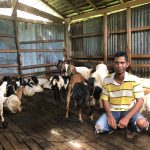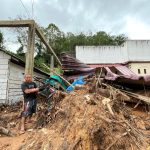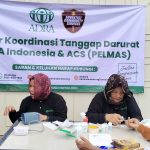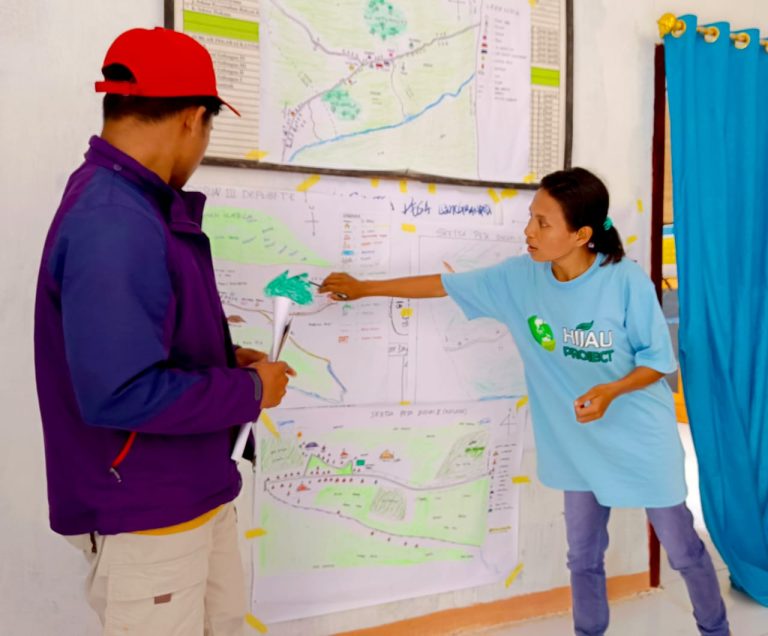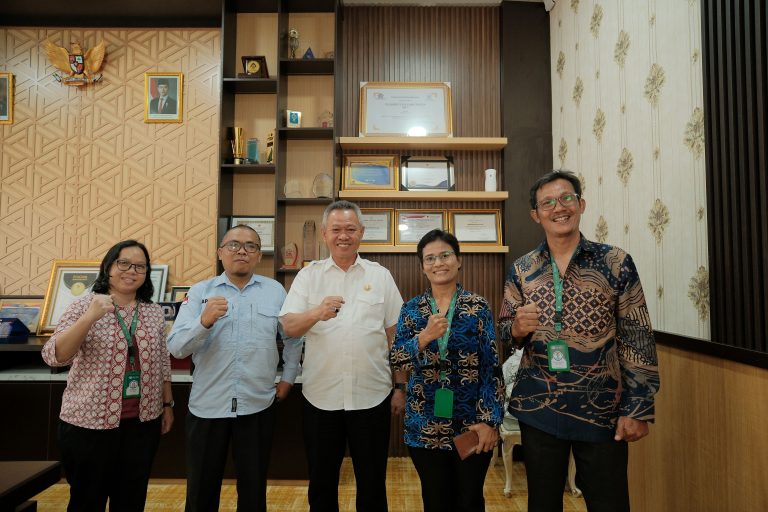In a small village in South Dolo, Sigi District, Central Sulawesi, a mother of two is quietly transforming her future — one donut at a time.
Ulfa Inang (35 years old) is a housewife who has been running a home-based bakery business since 2021. Among the various products she offers, her village-style donuts have become a favorite in her community. Before starting her own business, Ulfa worked at a bakery factory in Palu City. It was there that she observed an opportunity: the potential to create and sell baked goods within her own village of Bangga, where such products were still relatively rare.
Driven by a desire to support her family and make use of her skills, Ulfa launched her small-scale donut business. However, like many micro-entrepreneurs, she faced significant challenges. The donuts she produced were made using simple, traditional methods. While they were well-received initially, she soon realized a major drawback: donuts that were freshly made in the morning would harden and lose their appeal by the afternoon. Customers noticed, and Ulfa herself was concerned about the quality of her products. She knew that if she wanted her business to grow, she needed to improve.
At the end of 2023, a new opportunity emerged. ADRA Indonesia, through the REAF II Project and in collaboration with the Department of Industry and Trade (Disperindag) of Sigi District, organized technical training sessions on food processing — focusing on donut and pastry production. Ulfa was selected to participate, and she seized the chance with great enthusiasm.
The training provided not only technical skills but also new insights into product development. Participants learned about producing high-quality donuts with soft, fluffy textures that stayed fresh longer, as well as techniques for attractive donut decoration using a variety of toppings. Although the training mainly focused on making potato-based donuts, Ulfa was able to creatively apply the techniques to her traditional recipes — even without using potatoes.
After completing the training, Ulfa immediately put her new skills into practice. The results were remarkable.
“One of my customers told me, ‘Your donuts don’t get hard anymore in the afternoon. They’re much softer now,'” Ulfa shared with a bright smile.
This improvement in quality had a direct impact on her business performance. Before participating in the training, Ulfa typically sold around 10 individual donuts per day. Now, she packages her improved donuts in boxes containing nine pieces each and sells them for Rp 15,000 per box. On a good day, she can sell up to six boxes — equivalent to about 54 donuts — earning around Rp 90,000 daily.
“My income used to be very minimal,” Ulfa recalled. “Now, with the new packaging and better product quality, more people are interested in buying. It really makes a difference for my family.”
The support provided by ADRA Indonesia not only improved Ulfa’s technical skills but also helped her build confidence in her business potential. She now dreams of expanding her bakery offerings, reaching more customers in nearby villages, and eventually setting up a small shop of her own.
Ulfa’s story is just one example of how access to the right training and support can transform lives. Through initiatives like the REAF II Project, ADRA empowers local entrepreneurs — especially women — to strengthen their livelihoods, build resilience, and create brighter futures for their families and communities.
When we invest in women like Ulfa, we invest in sustainable change.
And it all begins with one empowered individual — and one perfect, fluffy donut.



